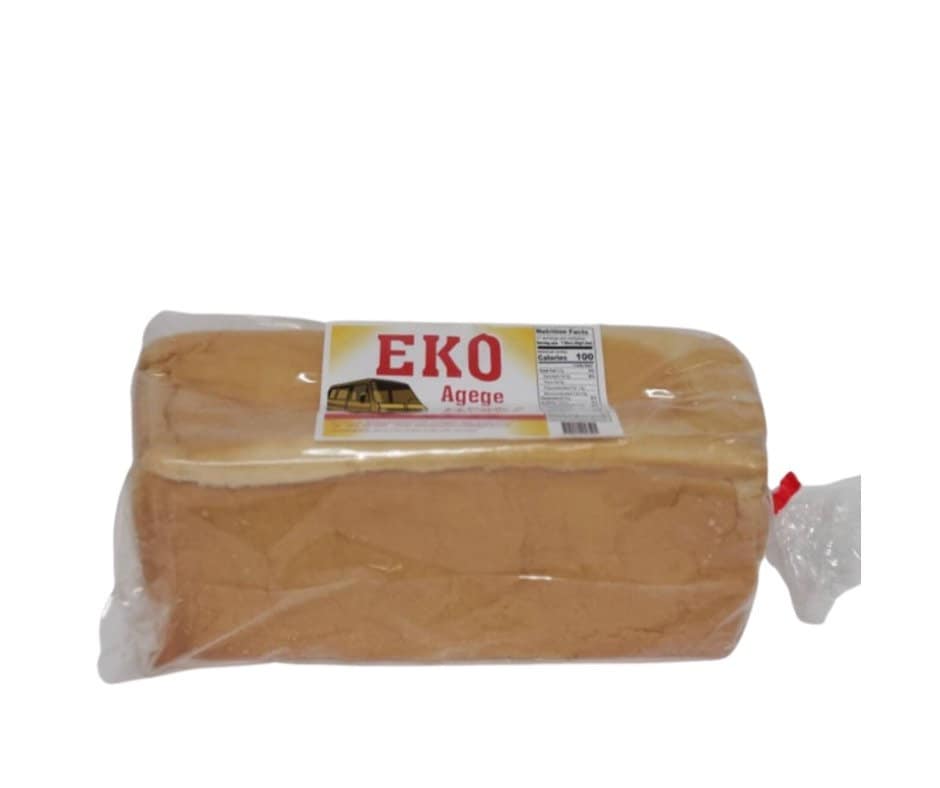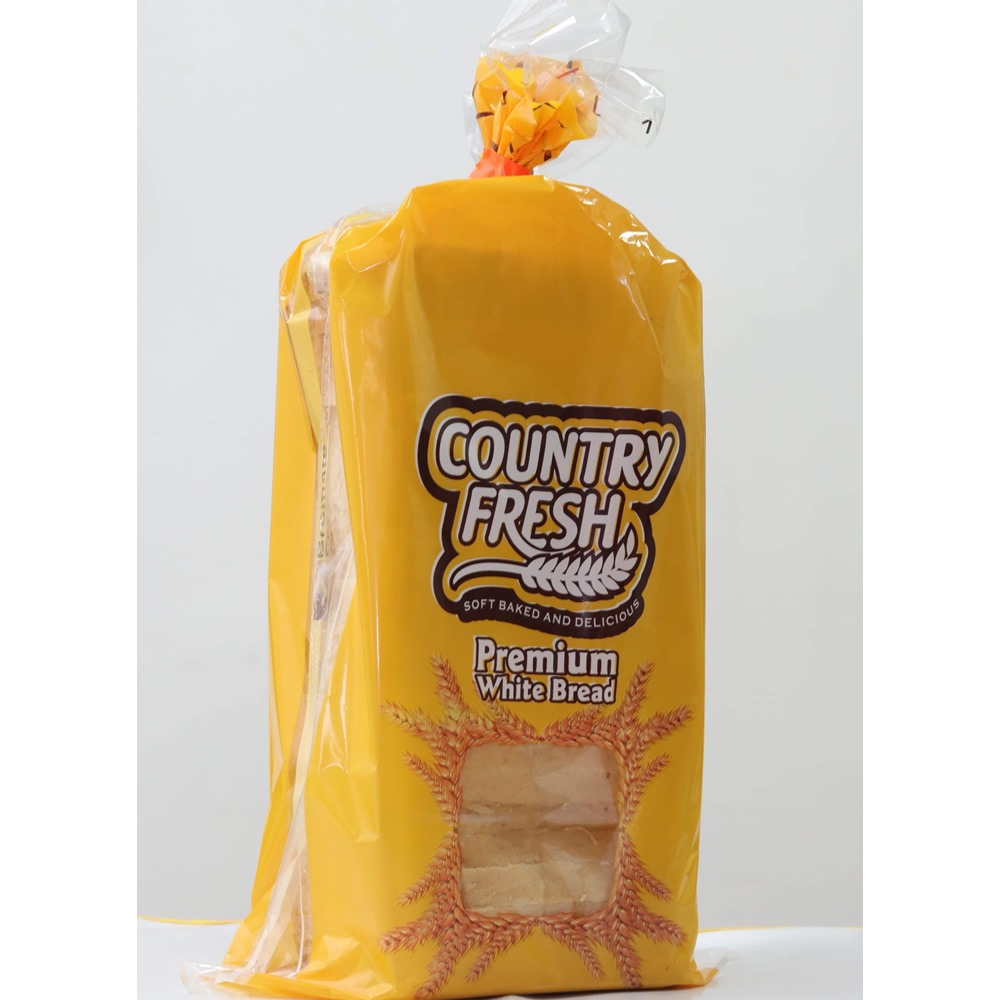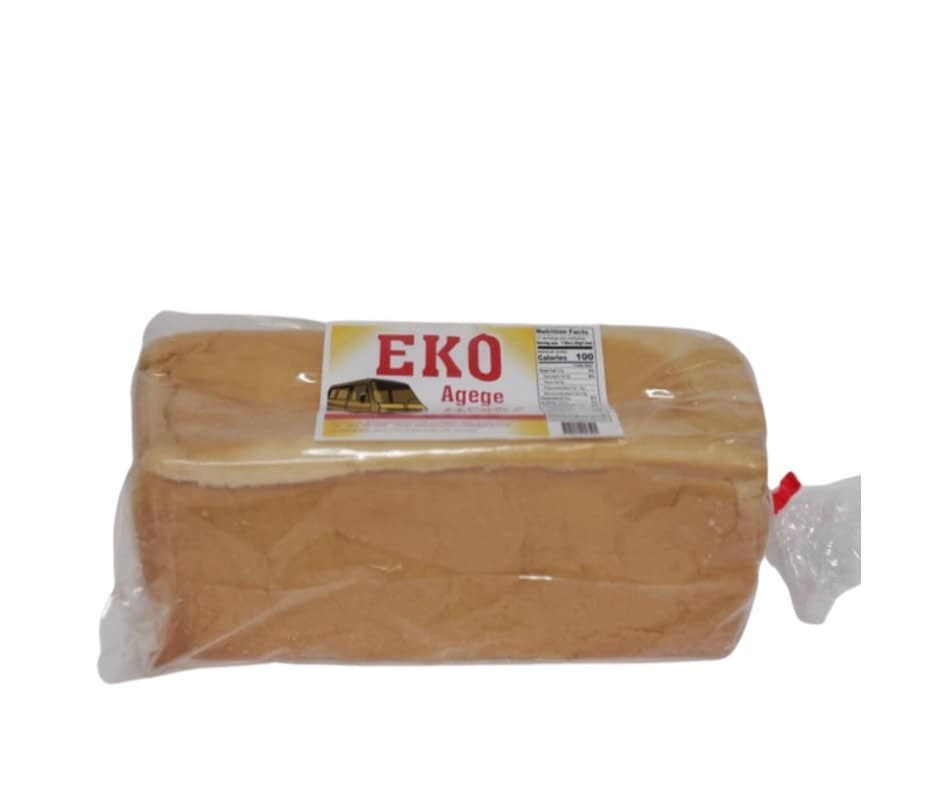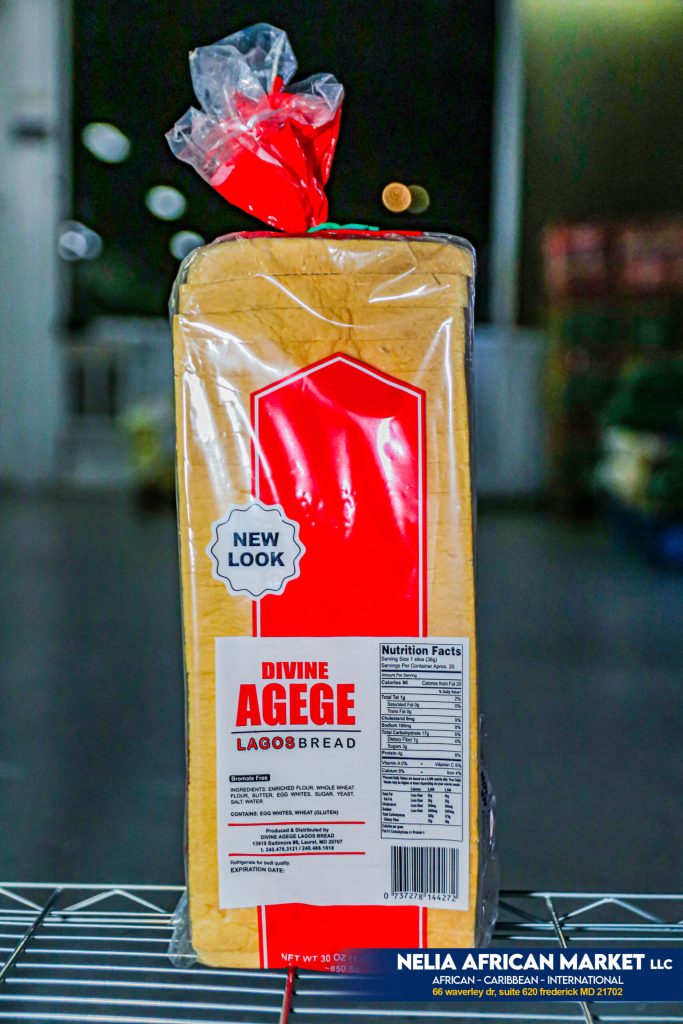Bread consumption in Nigeria: a popular and essential food
Bread occupies a central place in Nigeria’s eating habits, gradually becoming a staple food after rice and tubers such as cassava and yam. Although this dish has its roots in European cultures, it has become fully integrated into the daily lives of Nigerians, with consumption continuing to grow across all social classes and regions of the country.
Introduced during the colonial era by Europeans, bread quickly established itself as a practical and accessible option for meals, particularly in urban areas. With increasing urbanization and the hectic pace of modern life, bread has become a quick solution for breakfast or as a snack. In Lagos, Abuja, and other major cities, bakeries are ubiquitous and bread production is a key sector of the local economy.

Nigeria produces different types of bread to satisfy the diverse tastes of its population. Among the most popular varieties is white bread, also known as “Agege bread”, named after a popular district of Lagos where it is made. This bread, soft and slightly sweet, is appreciated for its texture and versatility. It is often eaten with accompaniments such as butter, refried beans (ewa agoyin), tomato sauce or scrambled eggs.
Over time, Nigerian bakers have also introduced healthier whole wheat breads to meet the demand of an increasingly health-conscious population. Breads enriched with cereals, as well as those made from corn or cassava flour, are also in vogue.

The baking sector employs thousands of Nigerians, particularly in the production, distribution and sale of bread. There are many small and large businesses, ranging from artisan bakeries to large-scale bread production factories. Bread consumption also generates significant income for farmers and suppliers of raw materials, such as wheat, much of which is imported.
Socially, bread is a food that brings people together. It is often shared within families and friends, whether during a quick meal or during parties. Beyond its nutritious aspect, bread is a symbol of conviviality.
The bread industry in Nigeria faces certain challenges, including dependence on wheat imports. Due to fluctuating prices of raw materials on the international market, bread prices may vary, impacting consumers, particularly those from the working classes. However, initiatives are underway to promote local wheat production and encourage the use of alternative flours such as cassava.
Additionally, the Nigerian government has launched campaigns to encourage healthier eating, pushing bakers to diversify their products and offer more nutritious alternatives. This presents an opportunity for bakers to innovate and meet the growing demand for breads high in fiber and low in sugar.

Bread is much more than just a food in Nigeria. It represents a way of life, an element of comfort and a pillar of the local economy. Its widespread adoption demonstrates its versatility and ability to evolve with the needs and preferences of the population. As the industry continues to grow, bread will undoubtedly remain a central part of Nigerian cuisine for years to come.



